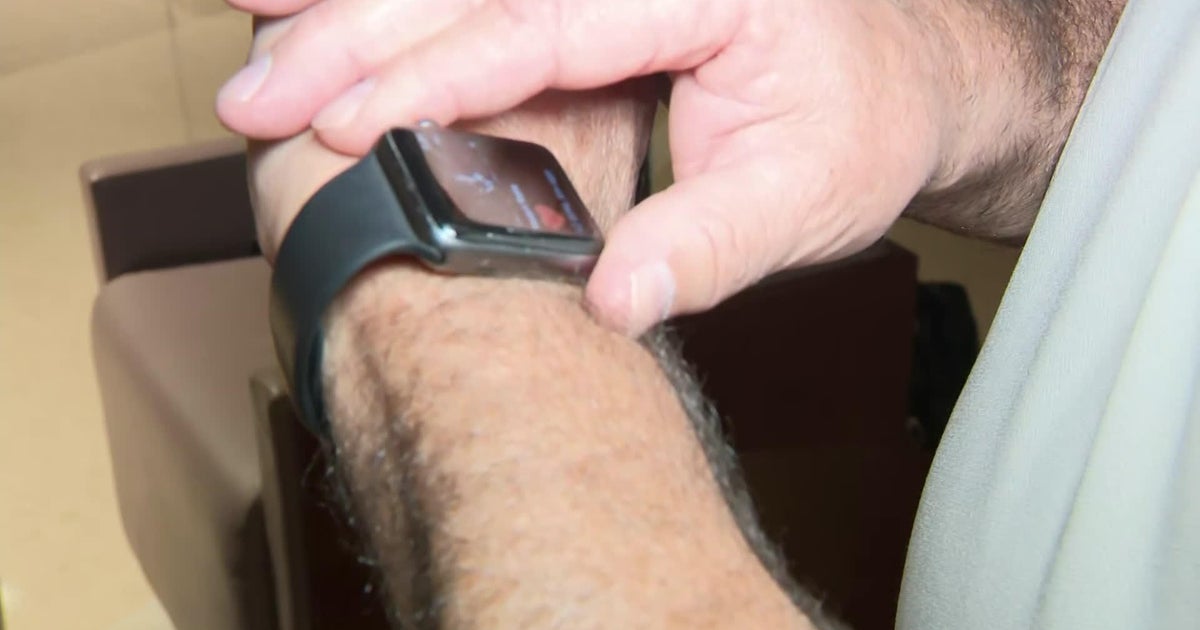A routine glance at his smartwatch transformed into a life-altering moment for Florida Keys man, as the device flashed a stark warning. His heart was dangerously out of rhythm, a silent threat now exposed by wearable technology.
“This was worse than I thought,” Juan Ravelo recalled after reviewing his old health stats on his smartwatch app.
The device didn’t just track his steps; it alerted him that his heart wasn’t beating properly.
Silent threat detected on his wrist
Ravelo’s smartwatch repeatedly flashed a red warning: “Afib.” Then, it sent an urgent notification to his phone.
“One day, I saw it on the phone—it was red and I said, ‘Whoa, my sister was right,'” Ravelo said.
His sister had already been diagnosed with atrial fibrillation (Afib) thanks to her smartwatch. She urged Ravelo to wear one, too. Before long, he saw the same warning signs.
“I started wearing the watch every day and it started happening more and more frequently,” he said.
Concerned, Ravelo visited Mariner’s Hospital in the Florida Keys. Doctors recommended he go to Baptist Health in Kendall for further evaluation.
A common but serious condition
Afib is the most frequent cardiac arrhythmia, affecting an estimated 6 to 12 million Americans by 2050, according to health experts. The condition causes an irregular and often rapid heart rhythm, which can lead to blood clots, stroke and other complications.
“Instead of beating normally, the heart is fibrillating—’boom, boom, boom, boom, boom,'” said Dr. Brian Wilner, a cardiac electrophysiologist at Baptist Health.
“That causes blood to become static in the heart, increasing the risk of clots forming. If a clot gets pumped out, it could go to the brain and cause a stroke.”
Symptoms of Afib include:
• Irregular heartbeat
• Heart palpitations
• Lightheadedness
• Extreme fatigue
• Shortness of breath
• Chest pain
To restore Ravelo’s normal heart rhythm, Dr. Wilner performed an ablation, a procedure that carefully destroys the small areas of heart tissue causing the irregular beats.
The future of wearable health tech
Smartwatches and other wearable devices are changing how people monitor their health. Beyond Afib detection, they can track blood pressure, detect signs of sleep apnea and provide other key health insights.
“The more informed a patient is about their own health, the more involved they become in their care,” Dr. Wilner said. “That leads to better outcomes.”
Ravelo says he’ll continue wearing his watch—and urging others to take their heart health seriously.
“Be cognizant of your body. Listen to your body,” he said. “It’s a good thing I went to the doctor and it’s a good thing I wore the watch.”
Heart health awareness
In honor of Heart Month, Baptist Health is offering discounted 30-minute, non-invasive heart scans throughout February.
For more information or to schedule a scan, visit BaptistHealth.net/HeartScan.



